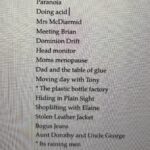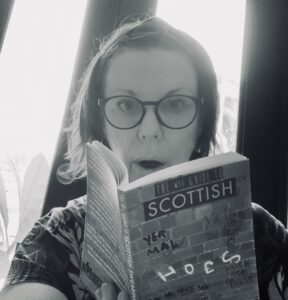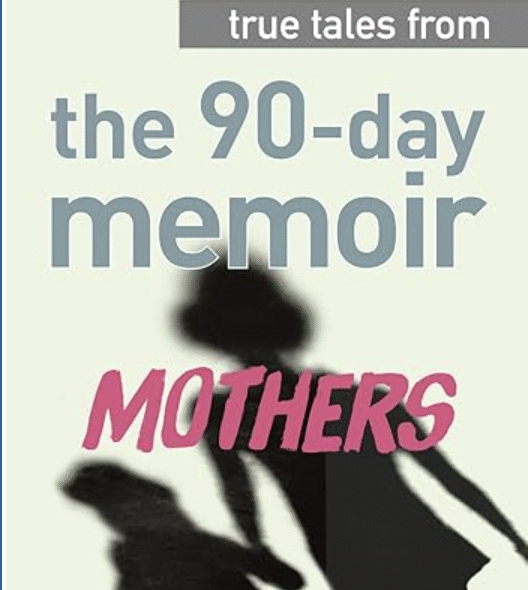I have a piece in Al Watt’s new anthology, Mothers, you can read for free if you click on the “read sample,” on Amazon. If you like what you read, you’ll love the other thirty-four stories. Please note that the sample does not exist on mobile.
I discovered Al Watt through his own novel, Diamond Dogs, years ago and remembered his name as I struggled to complete my third novel, Wanda & Me, terrified it would take another eight years to finish (see Sidetrack Key) when I picked up The 90-day Novel by Alan Watt on Amazon. I was attracted by the promise implied in the title, and the sale price, I admit, but expected another pithy you go girl, rah rah tome. But when I started reading, something about the approach was substantially different from any other writing advice I had read-and I’ve read some excellent books on the subject, as have most writers I know. This is not about writing to market – as if we even know what that is — but about discovering the story we are uniquely qualified to tell.
Wanda & Me began as a challenge during (the now defunct) NoNoWriMo. To prepare for the challenge, I wrote headings for scenes I planned to explore when inspiration waned. I would write 1666 words a day for 30 days to meet the 50k word quota.

And it worked…mostly. I didn’t have 50k words, but managed 20k, which was a fantastic start, and the discipline of writing every day gave the scenes a certain rhythm that felt somewhat cohesive. Of course, as any writer knows, this created its own problems/challenges. I had only a vague sense of where to begin. I knew I wanted to write a novel (formerly a memoir) in three acts and had written many of the juicier scenes, the love interest, the party scenes, the terrible decisions, the showdown, the fun part, but needed the beginning aka, the engine of the novel.
Openings make or break a book. Picture the reader opening the book and deciding whether to enter the onceuponatime of the author. Once in, a handful of grace is extended to the writer. Not a lot, but more than when the pages are first cracked open.

I was in deep and desperate enough to be open to suggestion. Not something easy for me to do as I have no talent for following any sort of order. But every day I opened Al Watt’s book, shushed the ever-present critic and allowed Al’s daily essays to bring me back to the heart of the work because I enjoyed the voice of someone who had been there. Before I could change my mind, I simply wrote 750 words a day until Act 1 was done. As I suspected, very few of the scenes I had written during NaNoWriMo fit into this section.
After the first thirty days, I came to understand the importance of a clear first act. I knew why and how Wanda appeared, and thus the set-up for the novel emerged along with my protagonist’s foolish and doomed jump (Oh, how I love a terrible decision) into the deep-end that begins with act Two.
Over time, I took a class with Al Watt and met wonderful people and writers, and finally completed the second draft of Wanda & Me and am about to embark on the third.
Here’s the magic formula, something Sean (husband) uses for his own inventions:
- Act 1 Make it Work 2. Act 2 Make it Right 3. Act 3 Make it Sing (Sean says # 3 is Make it Fast, but he’s numbers and I’m letters)
In the meantime, I’m thrilled to have a piece in the new anthology entitled “I Know You Still” about my own mother. And I’d love to know what you think.


How helpful it is at a certain point in a writing life to find the mentor who fits one’s own peculiar tastes and needs, isn’t just a cheerleader, gives you concrete steps along the way (or even wooden steps)….
I like your shout-out for Al Watt – we should all acknowledge our true writing supporters and guides. Also your honesty about how we none of us like taking direction! We wouldn’t be novelists if we did.